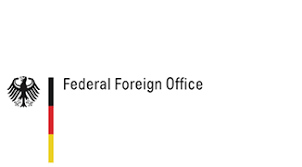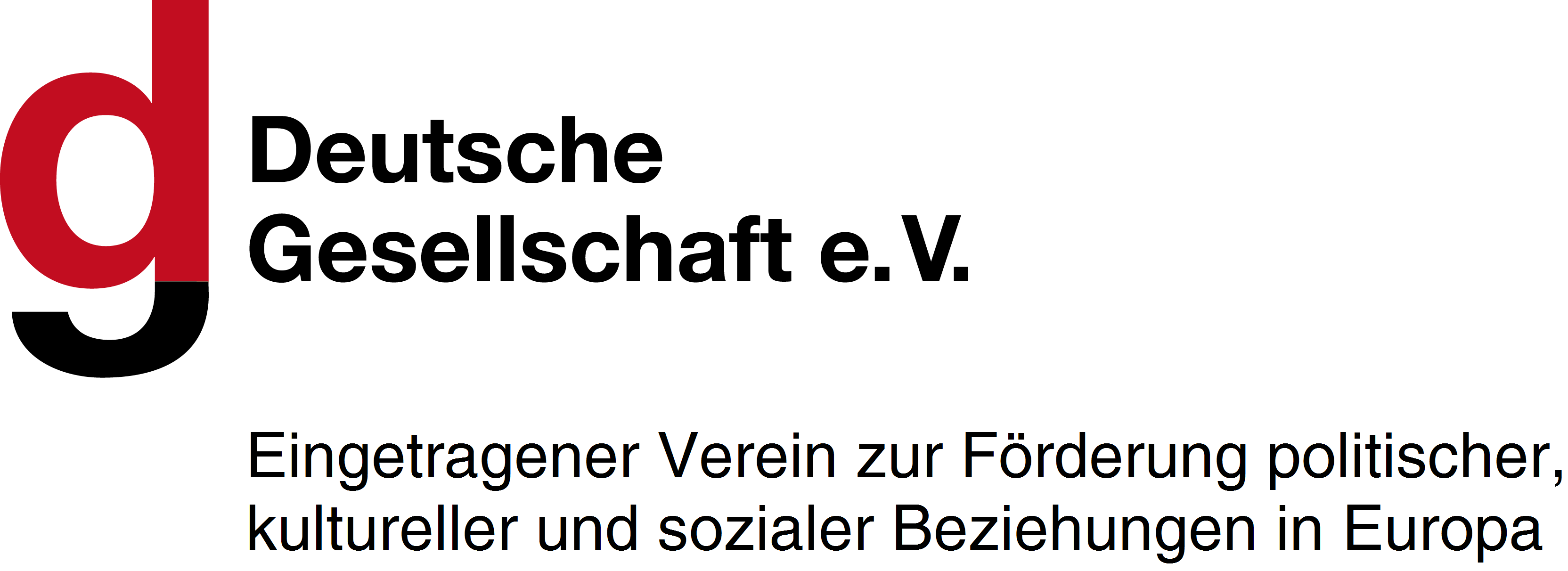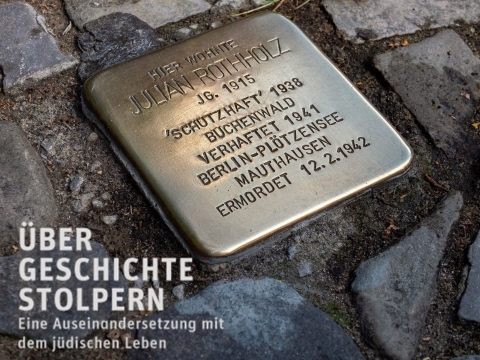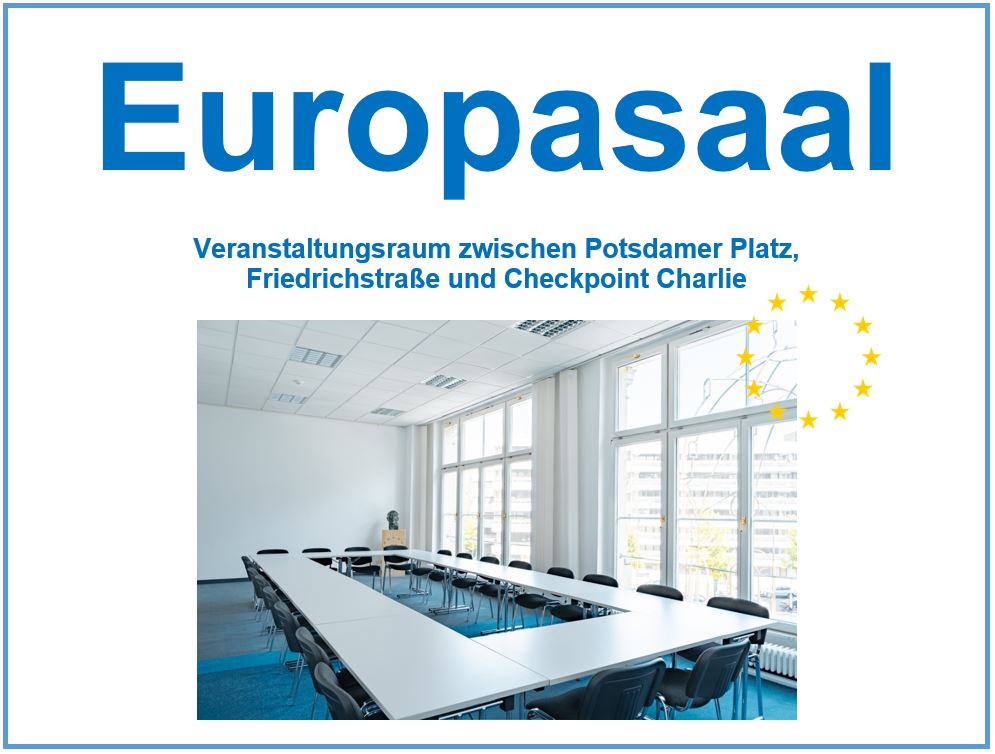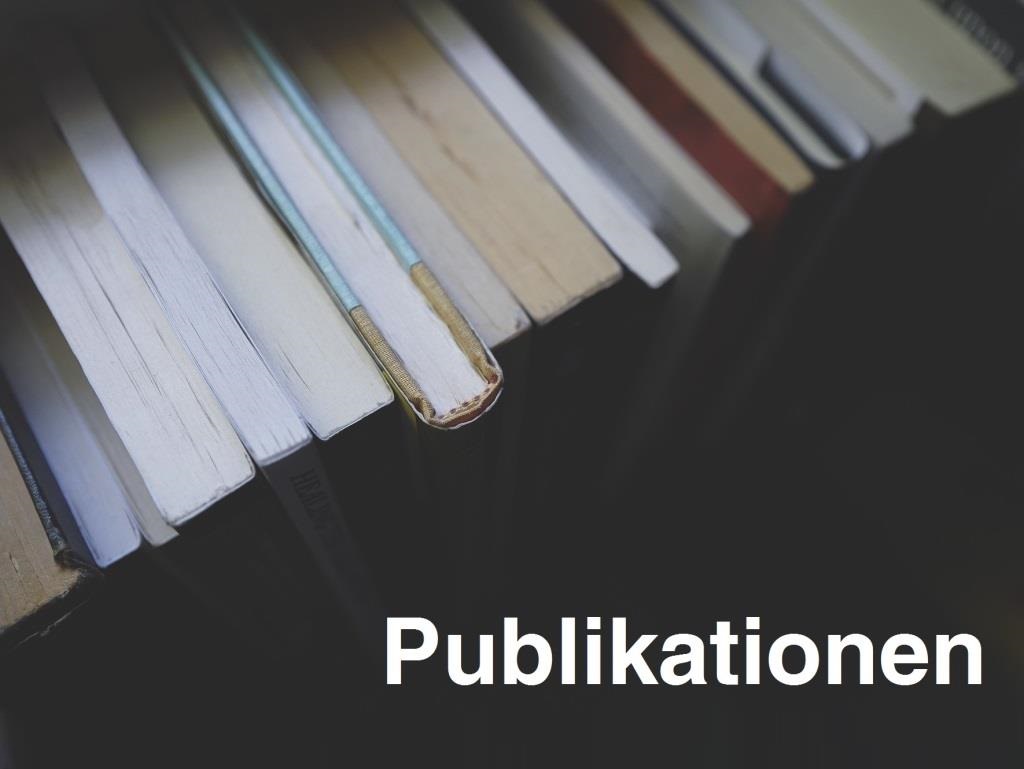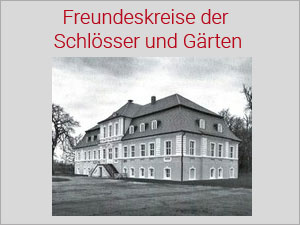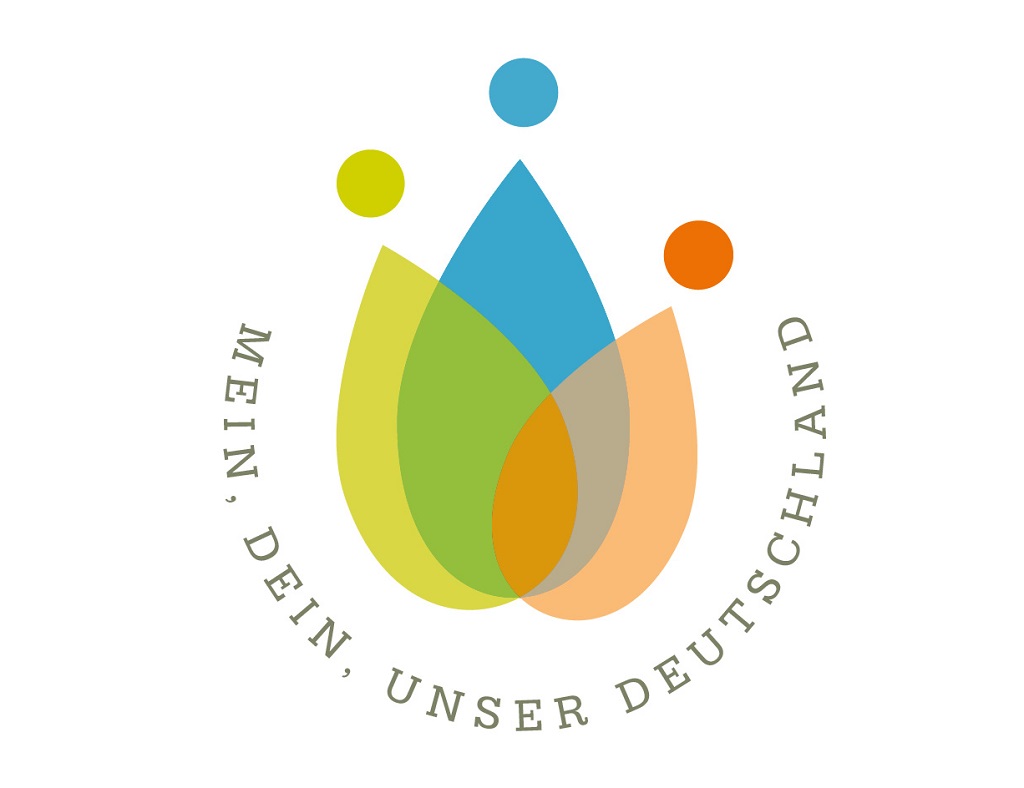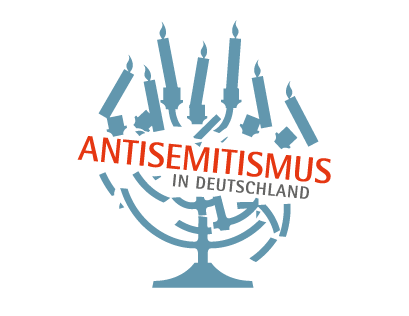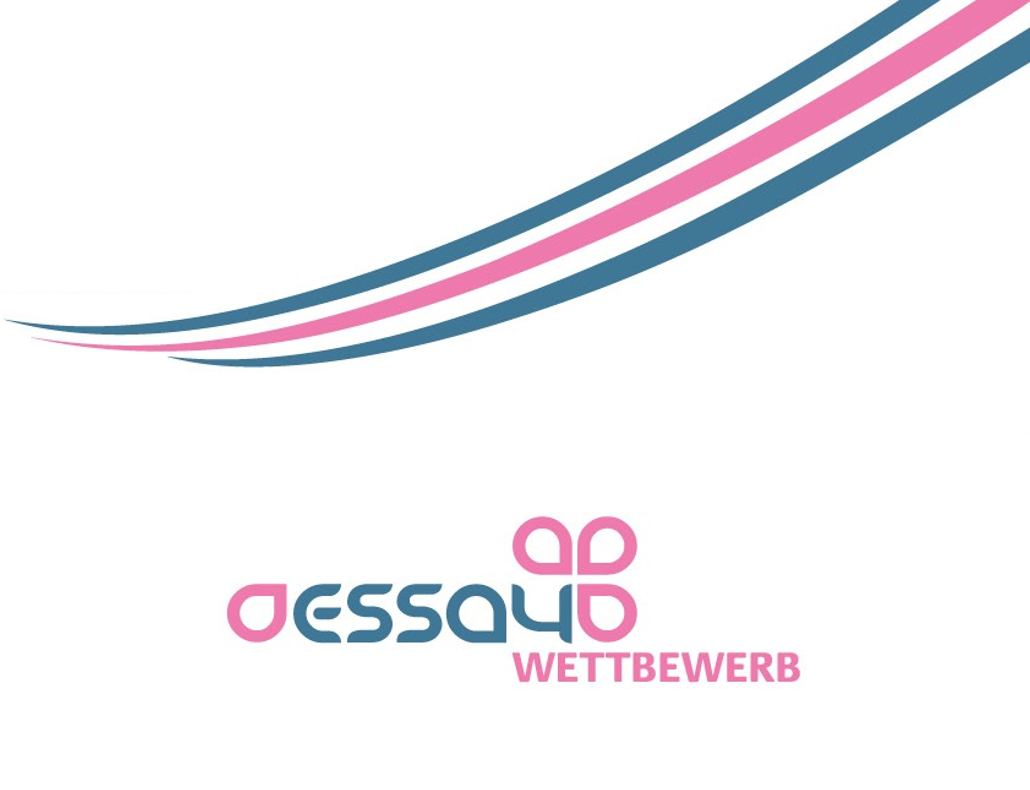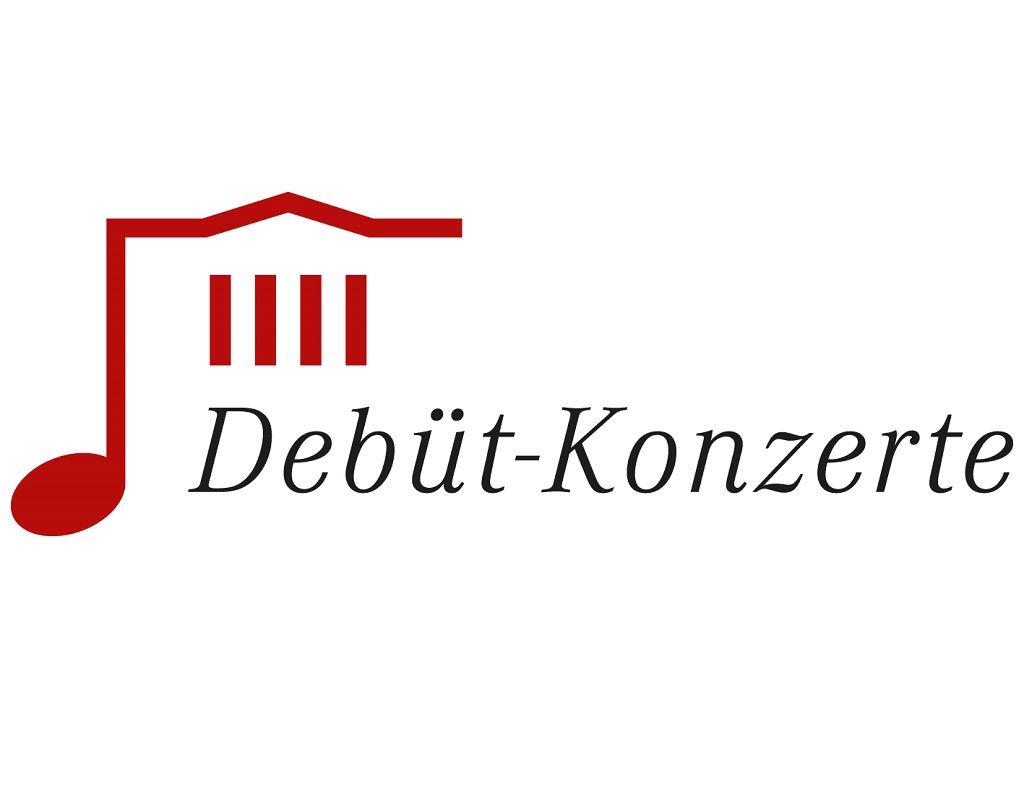German-Armenian exchange program for journalists
Correspondents in Conflicts
How do journalists deal responsibly with reporting on war in a society traumatised by it, whilst forearming themselves against instrumentalisation and targeted disinformation? Two research trips to Yerevan and Berlin invite journalists to not just conduct on-site research, and exchange information on experiences with colleagues, but also to participate in workshops. The research results attract extensive media coverage and also include experiences from other crisis regions in the Eastern Partnership countries.
Background
The ceasefire agreement of the 9th/10th November 2020, and the deployment of Russian troops to the conflict region of Nagorno-Karabakh put an end to hostilities between the Armenian and Azerbaijani armed forces. War refugees, personal experiences of the fighting, irreconcilable calls for revenge, and a deep political crisis have since affected Armenian society which was traumatised in large parts by the war. Whilst Prime Minister Nikol Pashinyan assumed office in the context of the Armenian revolution in the autumn of 2018 with high hopes for political reforms, three years later, as a result of the renewed conflict, the country again finds itself in a deep political crisis. And despite the fact that with the June 20, 2020 snap parliamentary elections Pashinyan’s “Civil Contract” party regained majority in the RA National Assembly, the political crisis is far from being resolved.
The renewed war over Nagorno-Karabakh was also an ‘information war’ in which propaganda, targeted false or fake reports and disinformation, as well as the instrumentalisation of the media, all played a major role. In war reporting, the media have become independent actors in security communication whose working practice has been permanently changed by live reporting, satellite communication, or the fast-moving nature of online journalism. For Armenia’s independent media, this raises urgent questions, for example, how can journalists describe wars in an unbiased way – despite censorship, the staging of events, disinformation and nationally-influenced patterns of interpretation? How does the media influence the course of violent conflicts and society’s perception of war events? Furthermore, how does responsible media deal with reporting after a war with heavy losses in a traumatised society, and in the context of a subsequent political crisis in the country concerned?
We would like to address these questions within the scope of the project and, in so doing, meet the demand for the project results to be exemplary and transferable by also including the experiences of journalists and NGOs from other Eastern Partnership countries affected by war and ‘frozen conflicts’, especially Ukraine and Georgia; the project results to then be discussed with selected media representatives from these countries, too.
Realisation and Target Groups
The project is directed at journalists from Germany and Armenia and, due to the opportunity for hybrid implementation, at journalists and media NGOs from other Eastern Partnership countries, too. When selecting the participants, we place great importance on gender equality and particularly consider representatives of local journalism. Within the scope of two research trips to Yerevan and Berlin, we invite the journalists to participate in workshops, formats of collegial exchanges of experiences, and expert discussions. In joint research teams, the journalists will explore the aforementioned questions and develop their own topic-related on-site research. The German participants will have the opportunity to learn about experiences of war reporting in Armenia, and to contribute to the visibility of the topic, and the target country of Armenia, in prominent German-language media by publishing their contributions. In Berlin, the Armenian journalists will have the opportunity to meet experts and war reporters from Germany, and to conduct interviews with media representatives from other European Partnership countries. The workshops will focus on how to deal with targeted misinformation and how to verify journalistic sources.
Offer for German journalists - application deadline until June 11, 2023 - you will find the current announcement here.
The trip to Yerevan/ Armenia (for German journalists) will take place from 07.-14.11.2023. The application should be handed in until June 11, 2023 and should include a letter of motivation, a curriculum vitae, and an outline of the research project (the latter no more than one page). Participants are required to publish at least one research result on the Yervan Press Club site. The program language is English.
Travel, accommodation (in double bed rooms) and program costs will be covered. Costs for international health insurance and food costs have to be covered by the participants. Travel costs will be covered from Dortmund Airport. As to the COVID-19-pandemic and possible flight and travel restrictions, please note our requirement of a complete vaccination protection (three vaccinations) by the beginning of the trip. Please make sure that your travel passport is valid for at least 6 months.
We appreciate your interest and look forward to working with you.
Contact person:
Sebastian Rösner
Department EU & Europe
» E-Mail schreiben
Partners:

Supported by:
